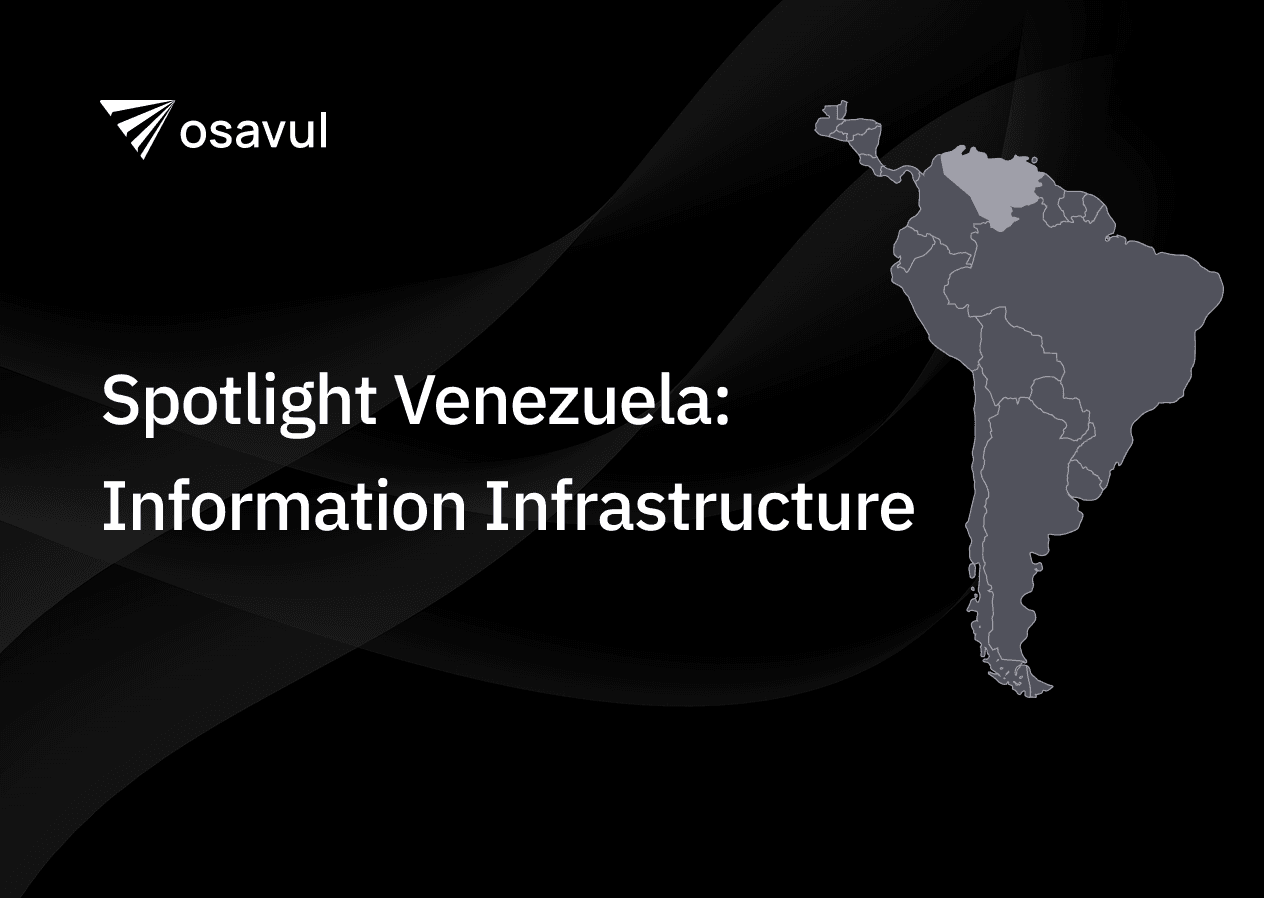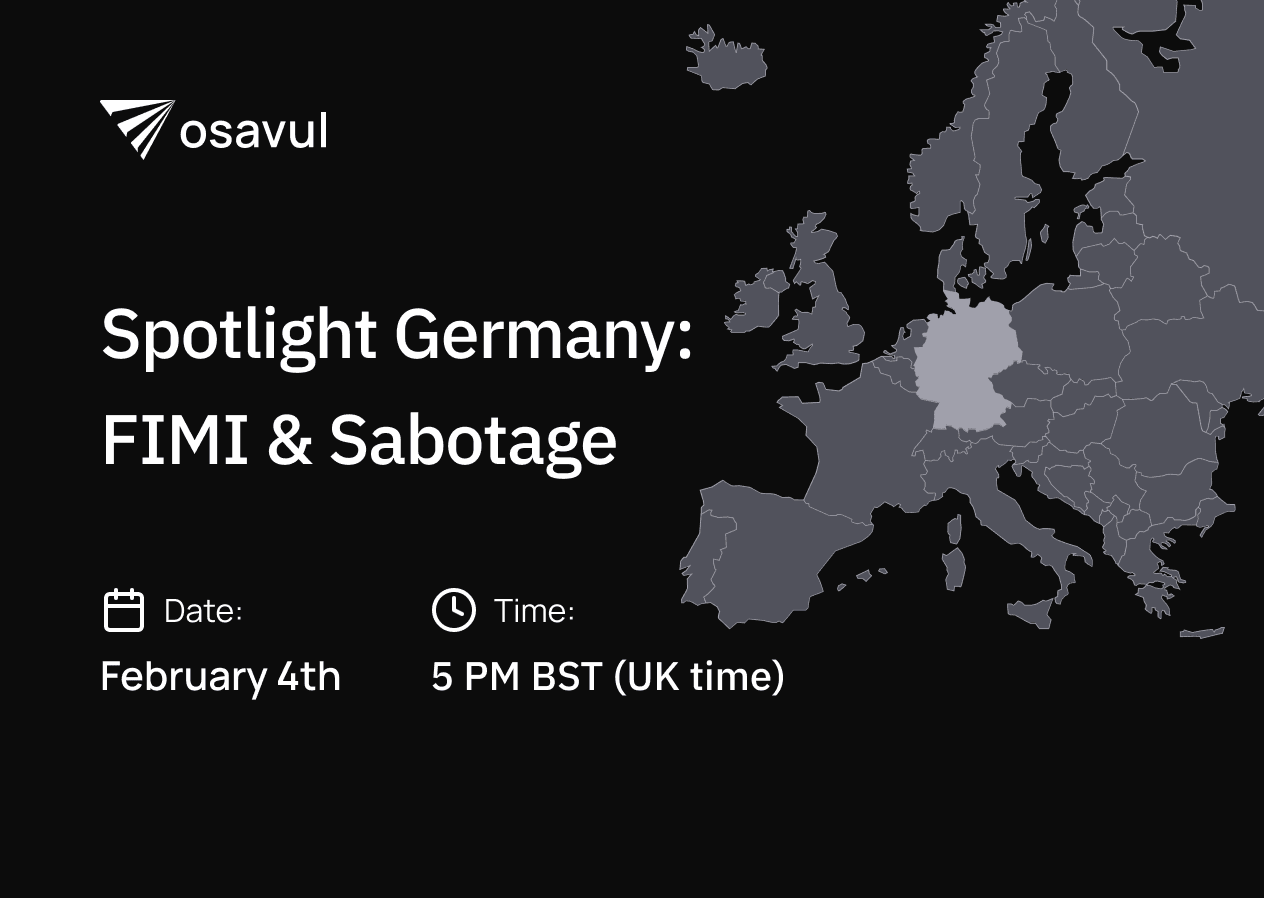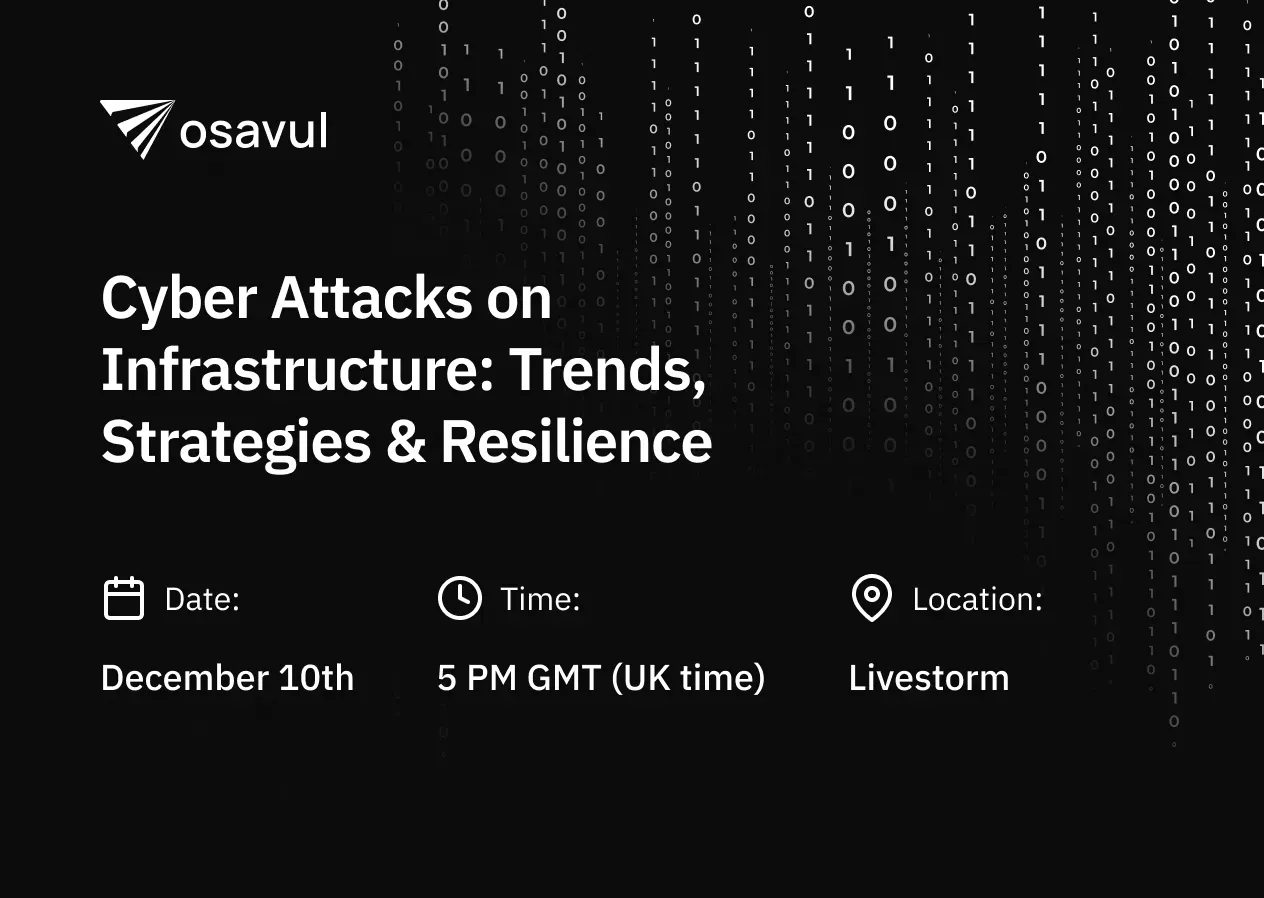
Crisis and Conflict Prevention
Track countrywide narrative shifts, such as coup-related disinformation, COVID-19 FIMI, and democratic processes interference in Mexico, Kenya, Ghana, Ethiopia, and Myanmar. Osavul helps to detect and manage emerging risks proactively, ensuring that response measures are timely, streamlined, and targeted.
























